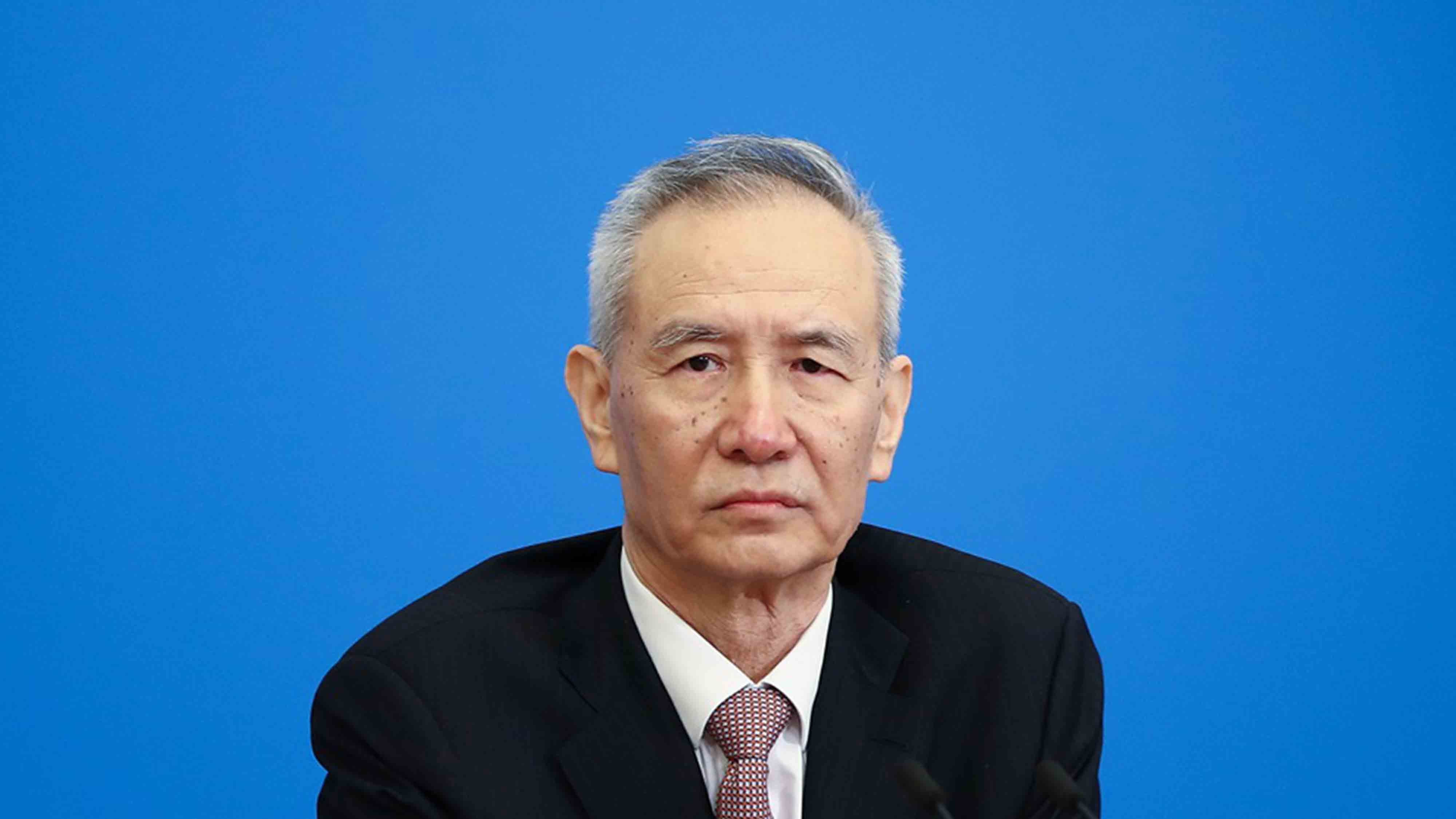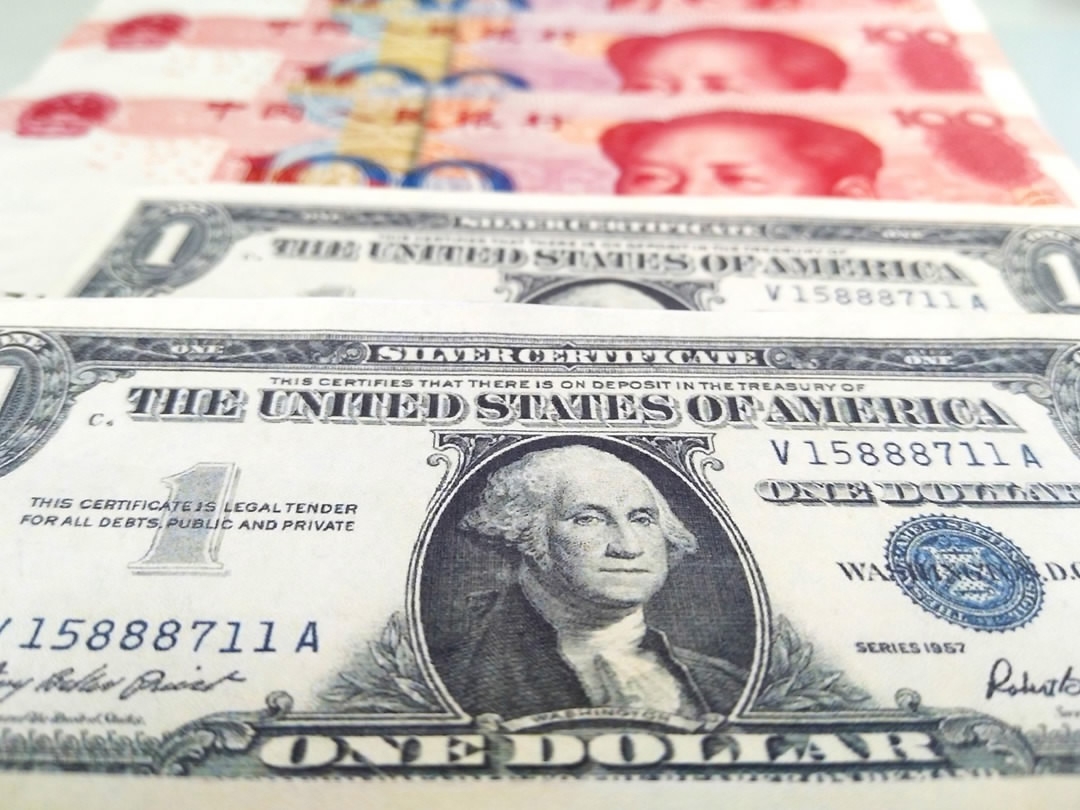
Business
22:33, 15-May-2018
US experts: Liu He is the kind of experienced person wanted in the negotiation room
CGTN's Wang Hui
02:41

Chinese Vice Premier Liu He will be visiting the US from Tuesday to Saturday for a second round of trade talks. The US side will be led by the Secretary of the Treasury, Steven Mnuchin. Experts shared their expectations for these negotiations.
"Liu He…is the kind of senior experienced person you want in the room,” Adam Posen, president of Peterson Institute of International Economics, said.
“The question is whether he can know what is reasonable to get the Trump administration officials to talk about what's reasonable. So, what will be reasonable is serious talks about intellectual property enforcement and tech transfer, continuing good relation on the currency, China's currency has been rising slowly against the dollar, and market access, the opening up the financial sector and greater ownership for foreigners in autos. On demands from China, it could be things like US participating in WTO look more carefully at what kinds of exports of technology China can or cannot get to the US,” Posen said.

VCG Photo
VCG Photo
"They'll need to avoid the implementation of the proposed tariff measures, and the potential threat to ZTE hopefully can be resolved. Also, China probably will bring up the expansion of its opening-up policies and increased imports to help with the trade imbalance," Dong Yan, the director of Trade Department of the Institute of World Economics & Politics at CASS, said.
The trade dispute was triggered in late March by a US Section 301 investigation that alleged China stole intellectual property and forced technology transfers from America. The US soon announced a plan to impose tariffs on Chinese goods, worth about 50 billion US dollars. China then retaliated by imposing the same amount of tariffs. Trump later threatened to add tariffs on goods worth another 100 billion US dollars.

Container cargo freight ship with working crane bridge in shipyard. /VCG Photo
Container cargo freight ship with working crane bridge in shipyard. /VCG Photo
The two countries had their first round of negotiations in Beijing earlier this month. Beijing said the two sides addressed some key issues. Although they failed to sign any concrete agreements, they agreed to keep the lines of communication open.
Experts believe since each side has a long list of demands, the dispute will need time to be resolved.
"This is going to involve long and reliable negotiations of the two governments. So having them together on a regular basis is incredibly good news. My concern is that one side or the other, perhaps the American side will get frustrated, think this is going to happen very quickly and decide to shut down the negotiation. If we see that’s happening. That will be a very bad sign," said Chad Bown, a senior fellow with the Peterson Institute of International Economics.

SITEMAP
Copyright © 2018 CGTN. Beijing ICP prepared NO.16065310-3
Copyright © 2018 CGTN. Beijing ICP prepared NO.16065310-3